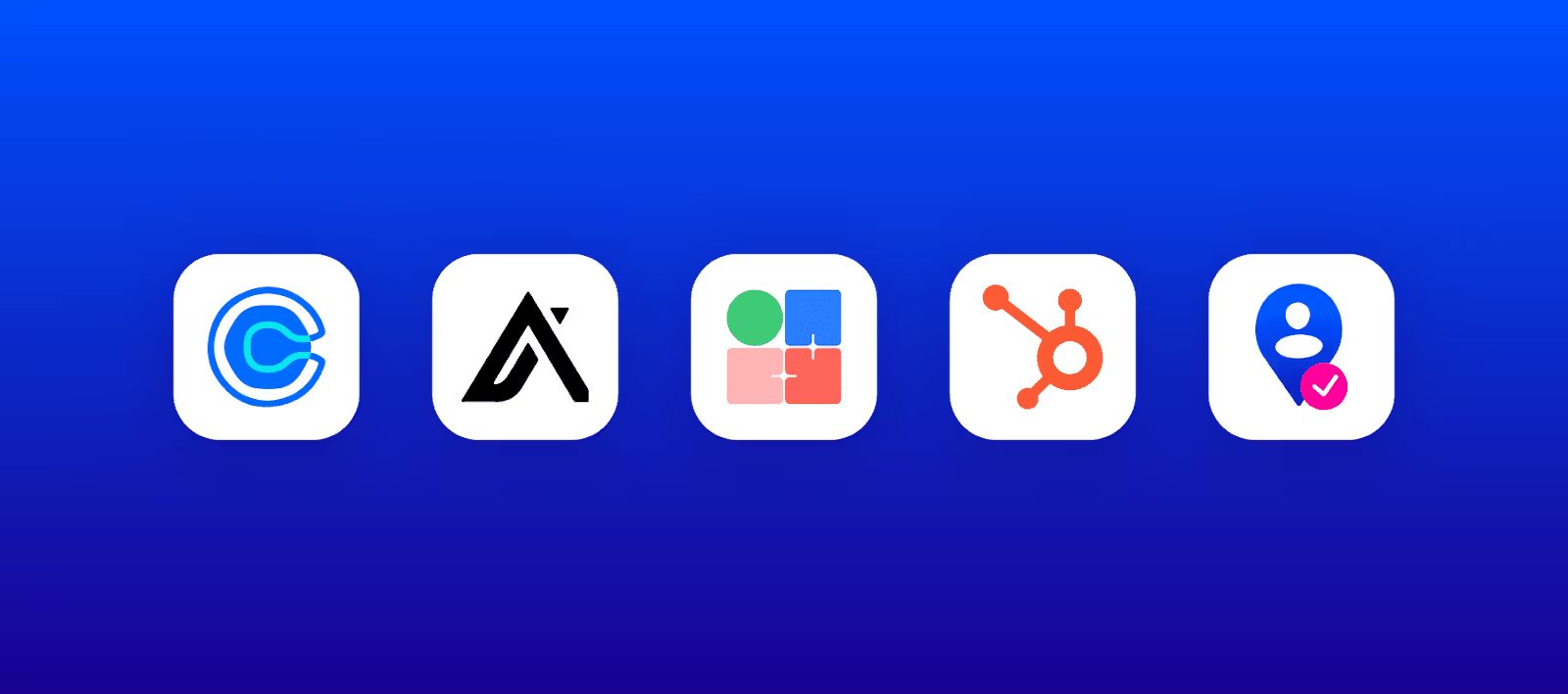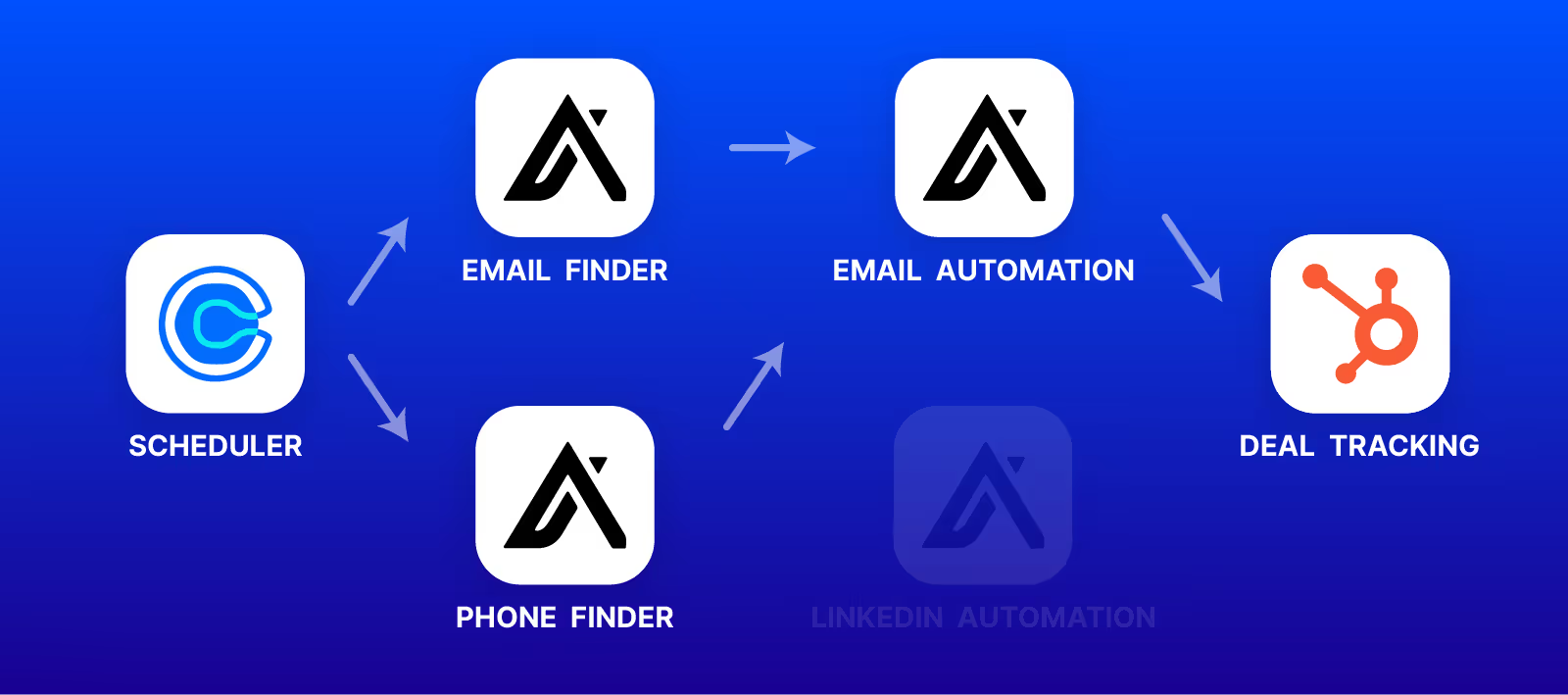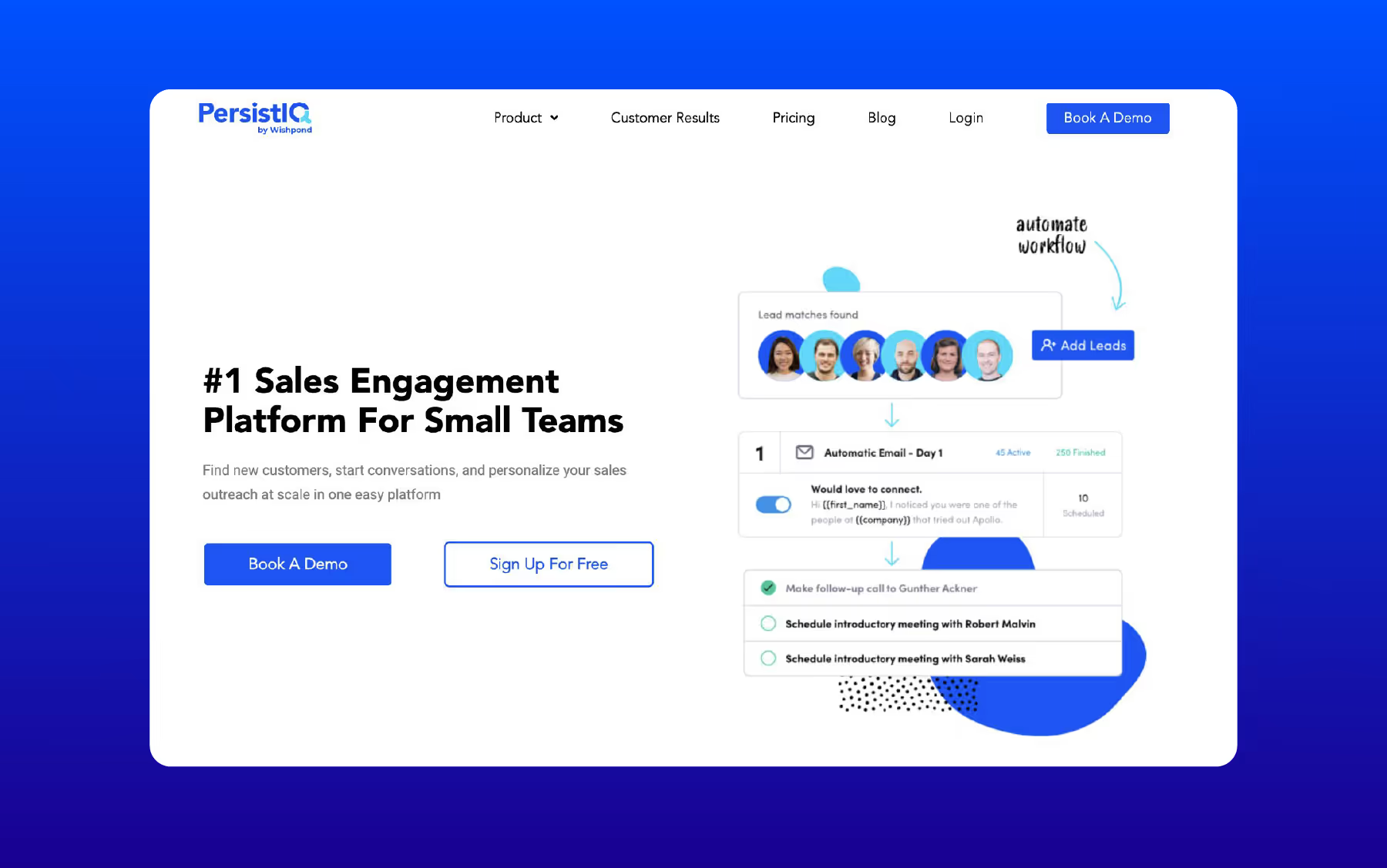Best Sales Software for Startups [2026 Edition]

![Best Sales Software for Startups [2026 Edition]](https://cdn.prod.website-files.com/5dc6051d242707b368c29acb/668f6bcd8dedf168e5e20f89_Sales-simple.avif)
When it comes to scaling your startup, sales is one of the quickest and most effective ways to do it. There’s a reason why investors love B2B companies after all!
But with so much software out there, how do you know which is the best for your sales team? Even better, which group of tools are best for your sales team?
Well, I’ve signed up for countless different software applications, and in this article, I’ll share exactly what you should be looking for and which tools are going to be the best to power your startup's sales team.
Let’s dive in!
Things to Consider
Unlike most articles that are going to recommend software, I’m going to offer a unique take on what to consider when scaling your sales team.
As a founder, I’ve dealt with a unique set of struggles while trying to scale my first, second, and even third companies.
Some of those companies didn’t make it, and even when working at other startups, many of these problems persisted despite having the “best software” money could buy.
So, here’s what I think you should really consider when looking to buy software:
- Ease of Use
- Features
- Market Comparison
Now, let's break down each of these aspects in more detail so you can make the right decision when selecting the sales software to power your team.
What’s most important?
Even though simplicity isn’t a traditional feature, it’s one of the most important aspects to consider. Remember, you’re a startup, and complexity will slow you down.
Your advantage comes in the form of agility and your ability to test, iterate, and adapt quickly. Selecting a simple sales process will ensure you maintain that ability far into the future.
One of the biggest reasons ease of use is crucial is because the modern sales stack is complicated. It often includes a variety of tools that are complex when standing alone and also require complicated integrations.
Worse, these integrations often need to be duplicated for each new team member, turning into a nightmare if not managed correctly.
Keep in mind that the best software stack for your team might be a combination of tools depending on your industry and stage. The modern software stack can be quite complex:

However, there are tools designed to replace this complexity with an all-in-one solution. These are great options, especially if your team lacks experience.
The trade-off might be sacrificing some features, but the simplicity and agility you gain are worth it.
What features matter?
Next, consider the features. The modern software stack has tons of new features that only the latest tools offer.
For example, tools like HubSpot or Salesforce are powerful but might not have the latest tools for running outreach, like LinkedIn automation or email sequencing. They just weren’t built for these specific use cases.
Here are the features you should be looking for:
- Schedulers: Booking Software
- Prospecting: Save & Discover Contact Info
- Email Outreach: Cold email automation
- LinkedIn Outreach: LinkedIn automation
- Tracking: Track Your Pipeline
These are the core features to investigate deeply. If a tool is missing one, you’ll likely need another tool to integrate and cover the entire funnel.
However, the more features you can consolidate into a single software, the simpler your sales process will become.
Do your research.
Finally, consider the software in comparison to the current market.
Many startups opt for Salesforce from the get-go and later realize it’s complicated and lacks modern sales features.
Salesforce doesn’t have powerful sequencing, isn’t built for outreach, and has fallen behind other tools in the market.
Nowadays, many software applications have unique features specifically designed to stand out. A few examples are spacing out emails to increase deliverability, clean email code to ensure emails don’t go to the spam folder, and some even have warming to increase deliverability.
Doing market research to understand what tools are available will help you make an informed decision and avoid the mistake of struggling with outdated tools.
Best Sales Software Stack for Startups in 2024
So, what is the best sales software for startups in 2024? Here are some of my favorites, organized into different stacks so you can compare and decide which one is best for your team.
Software Stack #1: Our Own Software Stack

- Scheduler: Calendly
- Email Finder: LeadLoft
- Phone Finder: LeadLoft
- Email Automation: LeadLoft
- LinkedIn Automation: LeadLoft
- Deal Tracking: LeadLoft
Cost: $120/mo/user
No. of Tools: 2 tools
Difficulty Rating: Easy
Software Stack #2: Multi-Channel Software Stack

- Scheduling Software: Calendly
- Email Finder: Apollo.io
- Phone Finder: Apollo.io
- Email Automation: LaGrowthMachine
- LinkedIn Automation: LaGrowthMachine
- Deal Tracking: HubSpot
Cost: $279/mo/user
No. of Tools: 4 tools
Difficulty Rating: Hard
Software Stack #3: Common Software Stack

- Scheduling Software: Calendly
- Email Finder: Apollo.io
- Phone Finder: Apollo.io
- Email Automation: Apollo.io
- LinkedIn Automation: N/A
- Deal Tracking: HubSpot
Cost: $219/mo/user
No. of Tools: 3 tools
Difficulty Rating: Medium
Note: This stack has no LinkedIn outreach.
Wrapping Up
If you want my direct advice, I recommend going with the software that’s easiest for you to use and set up.
When it comes to startups, moving fast and adjusting is always going to be key. The more complex your software stack, the more difficult it will be to make adjustments.
If you’re interested in LeadLoft and how it stacks up to Apollo, HubSpot, and some of the other tools, feel free to book a time with me here. I’m always happy to share our sales process with fellow founders.
Happy selling!






